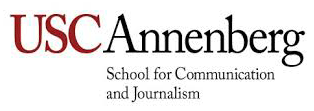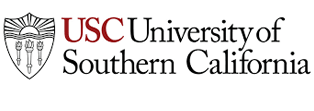
New radio technologies and public policies have, in many countries, allowed transmission on specific frequencies by individuals without a license. These license-exempt, or “unlicensed,” bands (including 2.4 GHz and 5 GHz in the United States and much of Europe) are increasingly used for data and voice communications through technologies such as Wi-Fi. We surveyed all African countries on the regulation and use of these bands to assess the implications of unlicensed wireless for telecommunications and Internet development in Africa. Responses from differing country informants, though mostly from regulators, were received from nearly every country on the continent. Responses showed significant policy diversity across countries, with wide variation observed in licensing and equipment certification requirements, enforcement, and restrictions on power output, range, and service offerings. We argue that this regulatory diversity across the continent inhibits economies of scale and may discourage large entrants. Furthermore, lack of clarity and enforcement discourages innovation and small entrepreneurs.
Technology, Public Policy, License, Africa, Wireless, Policy, Regulation










